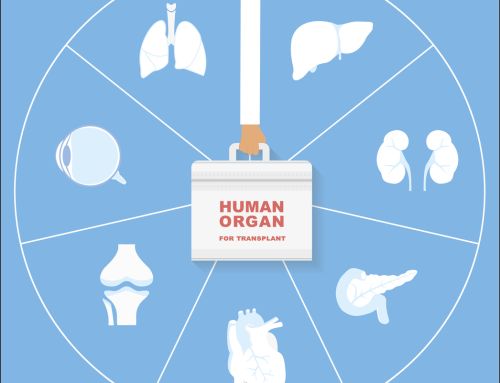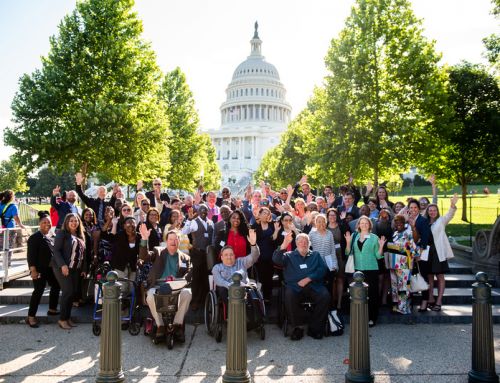The U.S. Congress took an important step Tuesday evening with House passage of the HIV Organ Policy Equity (HOPE) Act, which will allow research on donation of organs from deceased HIV-infected donors to HIV-infected recipients. Having been passed by the Senate in June, the bill is now positioned to move to the White House to be signed into law. The HOPE Act modernizes outdated federal law to reflect the current medical understanding of HIV infection and to allow for scientific research.
For patients living with HIV, deceased donors with the same infection represent a unique source of organs. Passage of the HOPE Act will save the lives of hundreds of HIV-infected patients struggling with liver and kidney failure each year. Until enactment of the HOPE Act, research necessary to explore the feasibility of such transplants was banned under federal law.
Currently, an estimated 6,500 people die each year while waiting for organ transplants. This legislation will significantly reduce that number for both HIV-infected and HIV-negative patients because of the larger pool of organs available. Passage of the HOPE Act will also reduce costs to Medicare for dialysis treatment of end-stage kidney disease, while protecting public health by maintaining provisions that are critical to safe organ procurement and allocation.




























